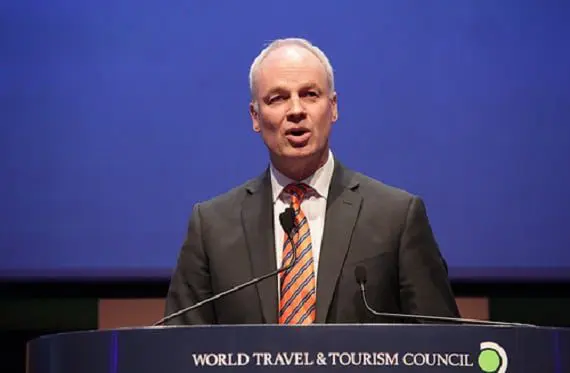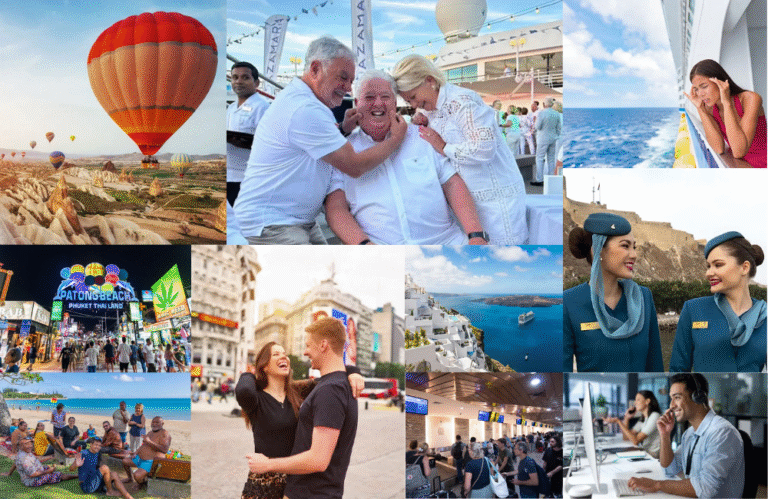The global travel and tourism industry continues to flourish in the face of numerous challenges including terrorism.
Last year, the industry grew 3.1% with similar growth projected for 2016 putting it around 1% ahead of global gross domestic product (GDP).
World Travel and Tourism Council (WTTC) president David Scowsill told KarryOn that growth has become the norm for the industry as a whole.
“There have only been three years in the last 30 where the industry has actually gone backwards rather than forwards,” he said. He identified the causes of those declines as the first Iraq war in 1991, the outbreak of SARS and the global financial crisis.
“Below that level, we’re seeing an increased number of disruptive events, the most obvious being terrorism, but also political changes, diseases like Zika and Ebola and the last one is natural disasters.”
The recovery time for tourism from events like these, according to WTTC research, ranges from around nine to 24 months.
But while terrorism is of growing concern due to an increased number of attacks in the last 12 months around the world, the amount of time taken to bounce back depends on the nature of the incident. According to Scowsill, terrorist attacks can be split into two types – those that are random, and those that specifically target tourists.
“Where an attack is specifically aimed at tourism and tourists, the affected country probably takes two years to recover,” he confirmed.
He described the other, more random attacks such as those seen recently in Brussels, Paris, Nice and Orlando as “really terrible incidents” but with less significance from a tourism perspective.
“Those cities recover very quickly because once the news disappears from the networks and people feel good again about going to those cities, they come back again very fast.”
The overall impact on travel as a whole is surprising.
“Travel is not being set back by these incidents,” he said.
“They clearly hit these particular countries very hard, but at a macro level, people are continuing to travel.”
“Resilient” travellers are considering alternative destinations rather than cancelling their plans altogether. So while Turkey, Tunisia and Egypt may be off the agendas of many, other countries such as Spain, Portugal and Italy are seeing greater interest.
The area for concern, according to Scowsill, is rather how governments react to such attacks.
A worrying example was the conversation that took place in the US late last year around removing the visa waiver program. Although this did not come to pass, with more specific restrictions instead placed on the program, the proposal was considered a “massive overreaction”.
Although the revelations are less reassuring for those living in countries currently in the throes of tourism decline, it is good news for the global industry and for the world in general. These attacks aim to strike fear into our hearts, but travellers aren’t succumbing.
Take that forces of evil.








